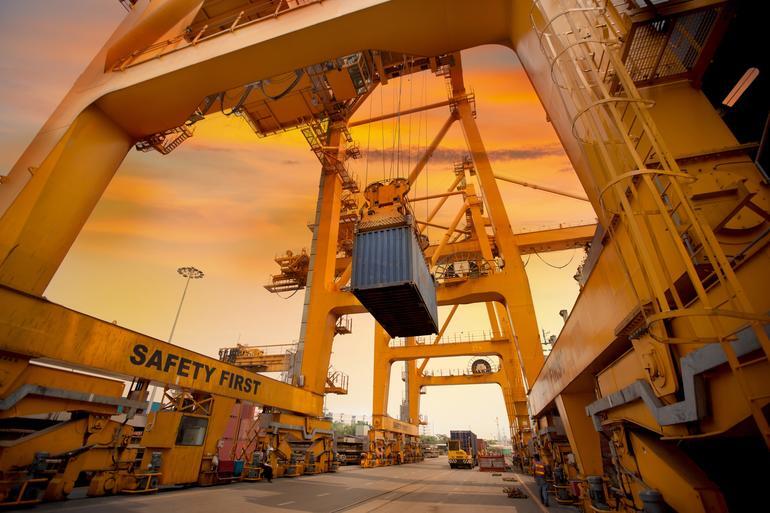WHAT ARE THE RISKS ASSOCIATED WITH OIL OPERATIONS?

Maputo, March 11, 2021 - Any work area that uses heavy equipment as its main component will always have a high risk associated with handling that equipment. The same applies to the oil and gas industry. We have, by way of illustration, drilling activities, hydrocarbon processing, pipeline installation, among others, which always present a risk during their execution. Following, we present examples of some accidents with higher probability of occurrence:
Explosions/fires - Flammable gases and chemical products are frequently handled and treated in the oil industry. These volatile compounds present a great risk of fire. Even the smallest of leaks, for example, has potentially catastrophic ramifications, causing serious environmental and economic damage.
Falling people and objects - The industry often requires workers to access machinery and platforms well above the ground, putting them at greater risk of falling. The industry has long since improved its guidelines regarding falls and, fortunately, falls account for relatively few accidents in the oil industry today.
Inhalation of toxic products - There are oil and gas fields that may have toxic compounds, for example Sulphur, as one of the components of their stream. In case of leakage/escape of these products, people around can be seriously affected, hence the need to regularly measure the presence or absence of these compounds during operations.
Work in confined spaces - Work in confined spaces, that is, areas not designed for continuous human occupation, is considered one of the major risks in oil operations, since it involves working in places with limited means of entry and exit, with precarious ventilation, and there may be contaminating and hazardous elements to the worker's health.
Spills of oil or derivatives - These can occur during operations and are harmful to the environment with negative consequences to ecosystems and human activities, since the spillage of oil or derivatives triggers a series of damages to the ecosystem, causing chemical and physical alterations to the environment, in addition to harming the life existing at the site of the operations.
Vehicle collisions - Collisions between vehicles present the deadliest industry risk when examined statistically. Fatigue and insufficient pre-planning are among the leading causes of these road accidents.
These and other risks are widely analysed and the authorities and the industry itself have created regulations and standards to avoid or at least minimise the impact of these risks.
This article was prepared with the assistance of the INP Directorate of Supervision and Safety. For more information please contact the Communication Unit by email at comunicacao@inp.gov.mz or by phone 21248300.
